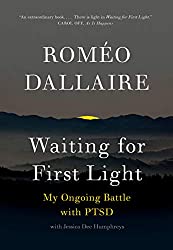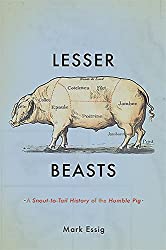
Rating: 7.2/10.
Book by Romeo Dallaire, a Canadian general who was head of UN peacekeeping operations in Rwanda during the genocide in 1994. I’ve heard of his name before since he visited my high school at some point, but I didn’t know much about the specifics. During the Rwandan genocide, about 800,000 Tutsis were killed by Hutu extremists, and the international community did little to intervene. As a general, he was ordered to refrain from use of force except in self defense, and was not given resources to do anything meaningful. Western nations simply didn’t want to get involved in a civil conflict in a random country in Africa of little strategic importance.
After the war, Dallaire suffered from PTSD, and even years after the war, he experienced flashbacks and guilt that he couldn’t save many lives. Thus, he tried his utmost to influence Canadian politics, to get more people to care about the genocide, giving lots of talks and writing government reports. He also campaigned to get more rights for veterans. During this time, he felt isolated and attempted suicide a couple of times.
This book raises a lot of tough questions: how much should developed countries intervene in conflicts in third world countries? To some extent we have a duty to help, or at least prevent mass atrocities, but we have our own problems and limited resources to do everything. Dallaire makes the case that PTSD is a legitimate illness, but to what extent should our society support soldiers after they’ve come home? This is certainly a topic of debate between the left and right of our political spectrum.



